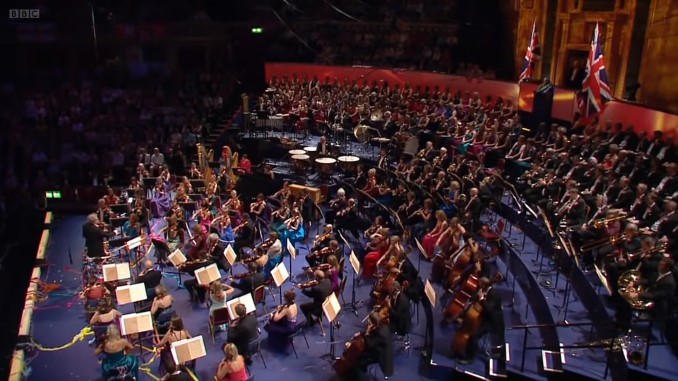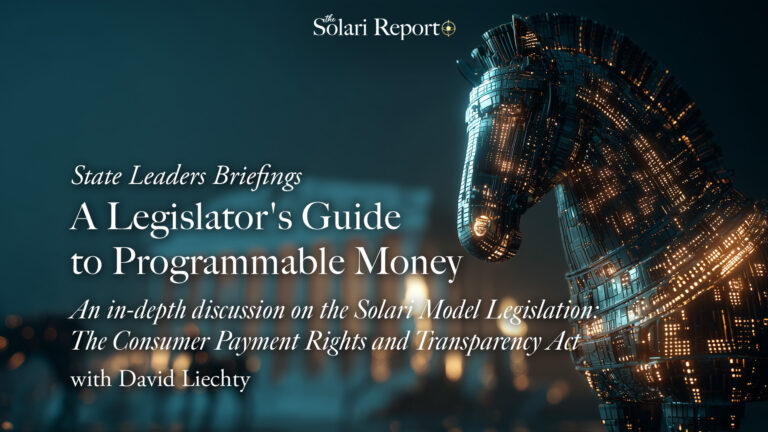
Music of the Week: August 30, 2024: Antonín Dvořák – Carnival Overture
Become a member: Subscribe
- Money & Markets
- Weekly Solari Reports
- Cognitive Liberty
- Young Builders
- Ask Catherine
- News Trends & Stories
- Equity Overview
- War For Bankocracy
- Digital Money, Digital Control
- State Leader Briefings
- Food
- Food for the Soul
- Future Science
- Health
- Metanoia
- Solutions
- Spiritual Science
- Wellness
- Building Weatlh
- Via Europa
Solari’s Building Wealth materials are organized to inspire and support your personal strategic and financial planning.

Missing Money
Articles and video discussions of the $21 Trillion dollars missing from the U.S. government
No posts
- LATEST
- TOP SECTIONS
- SERIES
- Money & Markets
- Weekly Solari Reports
- Ask Catherine
- News Trends & Stories
- Equity Overview
- Cognitive Liberty
- Young Builders
- Building Wealth
- The War for Bankocracy
- Digital Money, Digital Control
- State Leader Briefings
- Food
- Food for the Soul
- Future Science
- Health
- Metanoia
- Solutions
- Spiritual Science
- Wellness
- Via Europa
- BLOGS
- RESOURCES
- COMMUNITY
- My Account
- Log In
- Subscribe
- Search
- Shop
- Support
- Donate
- Log Out
Music of the Week: August 30, 2024: Antonín Dvořák – Carnival Overture

The great Czech nationalist composer Antonín Leopold Dvořák (1841-1904) wrote his Carnival Overture as the second of three overtures that he conceived originally as an orchestral triptych about “Nature, Life, and Love.”
In this cycle, Dvořák, who saw himself as “a poet as well as a musician,” wished to paint musical pictures of three emotional impressions of the human soul—that of stillness and solitude in nature (titled In Nature’s Realm); that of the vitality, joy and dance of life (Carnival); and finally, that of a man in the grip of love and jealousy (titled Othello).
Dvořák came from a poor family, and it wasn’t until later in life that he gained international recognition. One of his champions was Austrian composer Johannes Brahms, who secured him a State stipend of the Austrian-Hapsburg empire for young musicians and helped him publish some of his works. This brought Dvořák to the attention of international publishers and orchestral houses, culminating, as we know, in an extended visit to America where he headed the National Conservatory of Music in New York for several years. It was in New York that his last symphony, From the New World, premiered in 1893 and where he also wrote his B minor Cello Concerto.
Dvořák’s triptych—the second part of which we are hearing today from the Last Night of the Proms in 2012 (and don’t you just love the colorful dresses of the orchestra musicians!)—premiered in Prague on the evening before his departure to New York, and it was on his first American program at Carnegie Hall.
Related:
Antonín Dvořák (Wikipedia)
Dvorak: Overtures (Stephen Johnson on BBC Radio: Discovering Music)
Our mission is to help you live a free and inspired life. This includes building wealth in ways that build real wealth in the wider economy. We believe that personal and family wealth is a critical ingredient of both individual freedom and community, health and well-being.
Nothing on The Solari Report should be taken as individual investment, legal, or medical advice. Anyone seeking investment, legal, medical, or other professional advice for his or her personal situation is advised to seek out a qualified advisor or advisors and provide as much information as possible to the advisor in order that such advisor can take into account all relevant circumstances, objectives, and risks before rendering an opinion as to the appropriate strategy.
Be the first to know about new articles, series and events.



















































































































